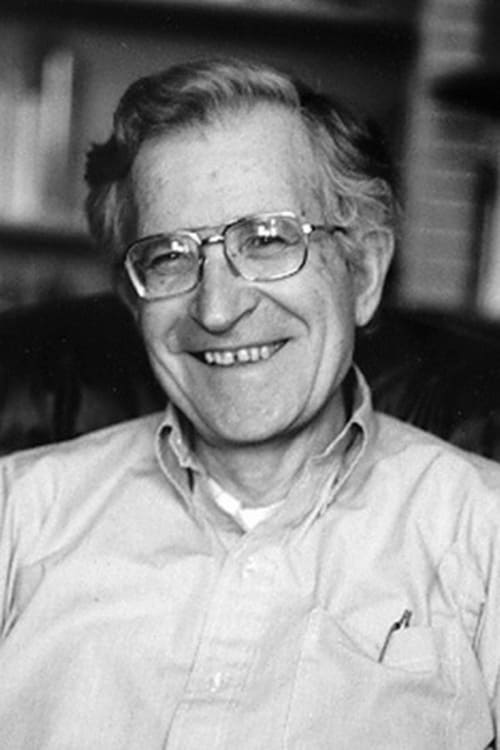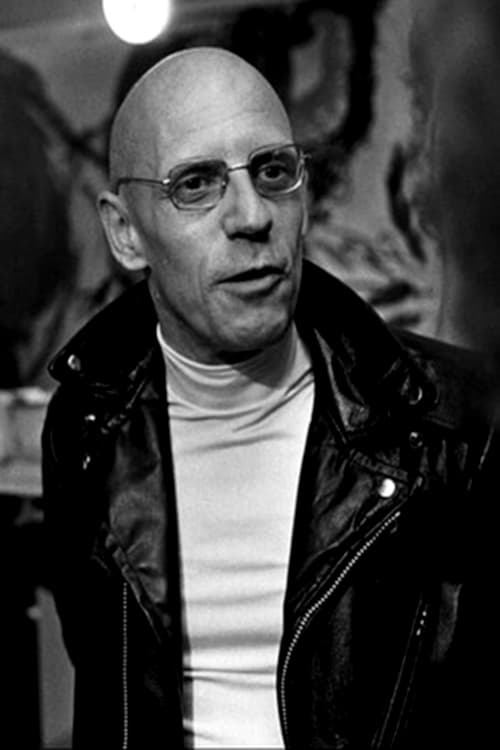The Chomsky - Foucault Debate: On Human Nature (1971)
Жанр : документальный
Время выполнения : 1Ч 10М
Краткое содержание
The Chomsky–Foucault debate was a debate about human nature, between Noam Chomsky and Michel Foucault in the Netherlands, in November 1971. Chomsky and Foucault were invited by the Dutch philosopher Fons Elders to discuss an age-old question: "is there such a thing as 'innate' human nature independent of our experiences and external influences?"

1960-й год. Талантливый журналист Пол Кэмп, которого достала лживая глянцевая жизнь Нью-Йорка, бросает работу в престижном издании и уезжает в Пуэрто-Рико, где ром льется рекой, где дешево все — машины, яхты, девушки, здесь саму жизнь продают за копейки…
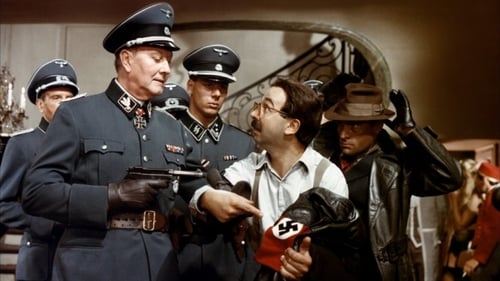
Элена Бурдель, известная как «Ла Бурдель», - великая певица и жена маэстро Андре Бурделя. Оказавшись в сопротивлении, он был убит взрывом гранаты. После поражения семья Бурделей очень быстро увидела, что их частный особняк был захвачен немецкими войсками. Жаловавшись Коменданту на совершенные эксцессы, Ла Бурдель, ее дочери и их арендатор случайно помогают английскому солдату бежать, а затем вынуждены спрятать его.
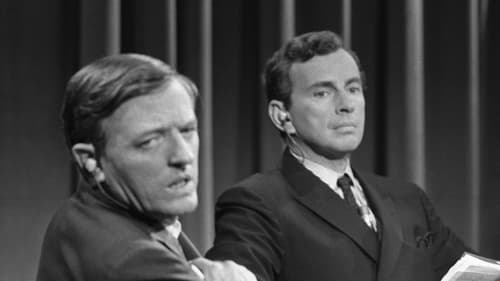
Документальный фильм о легендарных теледебатах, проходивших в 1968-м году между Гором Видалом и Уильямом Фрэнком Бакли младшим.

A documentary about the making of the controversial Life of Brian and the surrounding accusations of blasphemy.
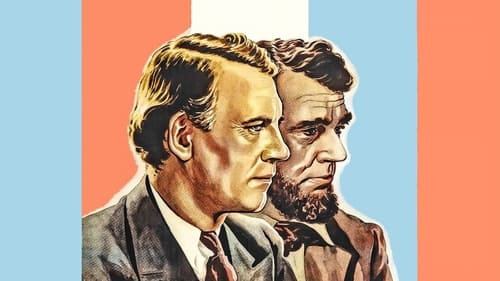
A biopic dramatizing Abraham Lincoln's life through a series of vignettes depicting its defining chapters: his romance with Ann Rutledge; his early years as a country lawyer; his marriage to Mary Todd; his debates with Stephen A. Douglas; the election of 1860; his presidency during the Civil War; and his assassination in Ford’s Theater in 1865.
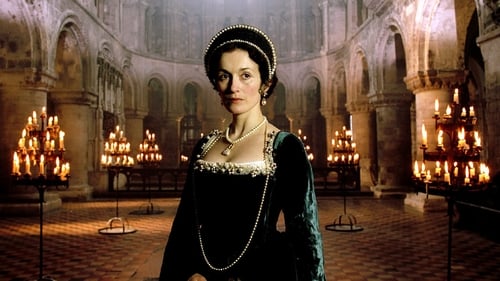
Writers and historians including Hilary Mantel and Philippa Gregory revisit the last days of Anne Boleyn, who in 1536 became the first queen in British history to be executed.

A budding entrepreneur fights social injustice in his bid to establish his new business.

Bill Nye and Ken Ham debate whether creation is a viable model of origins in today's modern scientific era.

A group of jaded high school students sign up for a debate class taught by a tough, combative teacher from the Georgia Military Academy who teaches them that life is debate and DEBATE IS WAR.

On October 3rd of 2007 in Birmingham, Alabama, Professor Richard Dawkins and his Oxford University colleague Professor John Lennox engaged in a lively debate over what is arguably the most critical question of our time: the existence of God. The debate centered on Dawkins's views as expressed in his best-seller, The God Delusion, and their validity over and against the Christian faith. Both presenters agreed to the format and topics of discussion. It was one of the great debates of the last 100 years and is well worth watching and studying.

A documentary about the 1992 U.S. presidential election based on pirated satellite feeds.
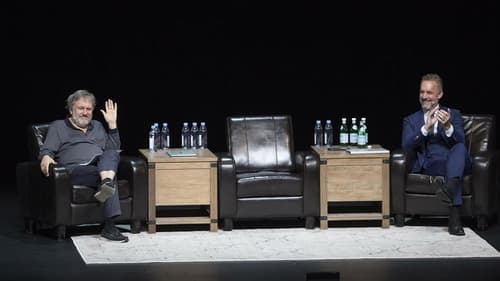
A debate between the Canadian psychologist Jordan Peterson (a critic of Marxism) and the Slovenian philosopher Slavoj Žižek (a communist and Hegelian) on the relationship between Marxism, capitalism, and happiness. Moderated by Stephen J. Blackwood, it was held before an audience of 3,000 at Meridian Hall in Toronto on 19 April 2019.
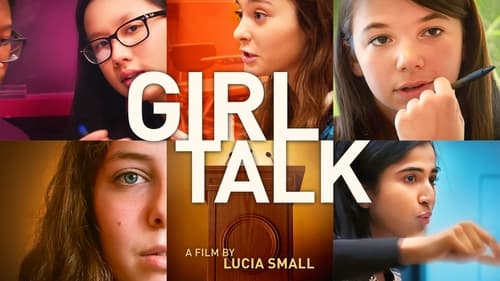
Set in the cutthroat, boy-dominated world of high school debate where tomorrow’s leaders are groomed, GIRL TALK tells the timely story of five girls on a diverse, top-ranked Massachusetts high school debate team as they strive to become the best debaters in the United States on their own terms.
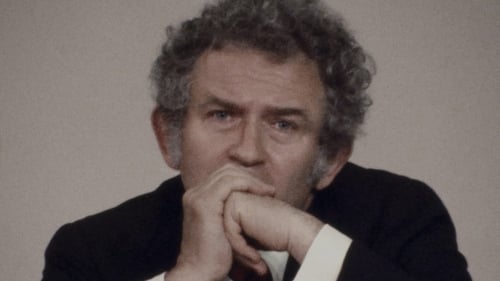
Norman Mailer and a panel of feminists — Jacqueline Ceballos, Germaine Greer, Jill Johnston, and Diana Trilling — debate the issue of Women's Liberation.

The Chomsky–Foucault debate was a debate about human nature, between Noam Chomsky and Michel Foucault in the Netherlands, in November 1971. Chomsky and Foucault were invited by the Dutch philosopher Fons Elders to discuss an age-old question: "is there such a thing as 'innate' human nature independent of our experiences and external influences?"

European philosophers: Friedrich Nietzsche, Martin Heidegger and Jean-Paul Sartre. The theme revolves heavily around the school of philosophical thought known as Existentialism, although the term had not been coined at the time of Nietzsche's writing and Heidegger declaimed the label. The documentary is named after the 1878 book written by Nietzsche, titled Human, All Too Human: A Book for Free Spirits.

Following the March 4, 2007, airing of The Lost Tomb of Jesus on the Discovery Channel, American journalist Ted Koppel aired a program entitled The Lost Tomb of Jesus—A Critical Look, whose guests included the director Simcha Jacobovici, James Tabor, Chair of the Department of Religious Studies at the University of North Carolina at Charlotte who served as a consultant and advisor on the documentary, Jonathan Reed, Professor of Religion at the University of LaVerne and co-author of Excavating Jesus Beneath the Stones, Behind the Text, and William Dever, an archaeologist with over 50 years experience in Middle Eastern archaeological digs.
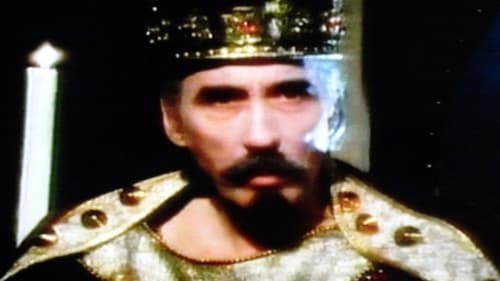
In 1263, King James I of Aragon organizes a debate between representatives of Judaism and Christianity regarding whether or not Jesus was the Messiah.

